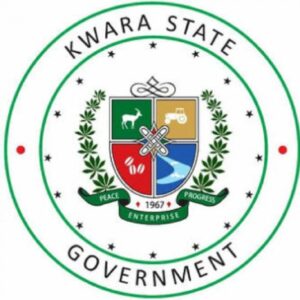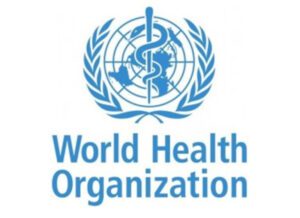


Health minister calls for stronger collaboration to eradicate malaria
Prof. Mohammed Ali Pate, Minister of Health and Social Welfare has called for increased resource allocation from all tiers of government to make malaria elimination sustainable and achievable.
Pate said on Friday in Abuja that there was also a need for a robust private sector engagement to tackle malaria more effectively.
Speaking ahead of next week’s Joint Annual Review of the Health Sector, the minister highlighted the importance of combined investments and policy incentives to strengthen Nigeria’s healthcare system.
“Eliminating malaria demands more than a federal budget increase; it requires states to make malaria a core health priority.
“The upcoming Joint Annual Review is a critical opportunity to align our budget conversations at both federal and state levels. We need immediate, coordinated efforts that can drive real change,” he said.
He outlined a new public-private partnership model aimed at malaria intervention, adding that Nigeria had established a jointly-owned entity that combined private capital, expertise, and networks with public finances.
“Through this entity, the government buys some of our returns, making it a sustainable venture.
“This market-shaping angle is part of a larger strategy, and there’s a lot of enthusiasm from investors betting on the future of this industry and the country.
“It’s not easy. It’s not transactional. The business environment may be tough in the short term, but there’s optimism in the medium to longer term,” he said.
He also addressed recent strides in Nigeria’s health industrialisation, citing an executive order signed by President Bola Ahmed Tinubu that had sparked a new era for medical manufacturing.
“In terms of medical industrialization, one can say it’s now irreversible.
“The executive order the President signed a few months ago is truly the first of its kind, offering clear policy incentives not only for vaccines but also for pharmaceuticals, medical devices, and test kits.
“We’re seeing substantial interest in that direction,” he said.
According to him, these policy incentives are aimed to bolster Nigeria’s healthcare manufacturing sector, making it more self-sufficient and less reliant on imports, especially for crucial healthcare supplies like vaccines and test kits.
He said that this drive toward industrialisation would be a vital complement to the malaria elimination effort and broader health goals, helping to build a sustainable infrastructure that supported both current and future health needs.
The News Agency of Nigeria(NAN) reports that the Joint Annual Review would bring together health experts to evaluate challenges, successful strategies, and areas where additional funding and policy support are required.
He stressed that malaria was not just a federal issue but a community one, urging states to take ownership of malaria eradication efforts within their regions.
“We need state-level governments to invest actively in malaria control programmes, diagnostics, treatment, and prevention.
”The impact will improve lives, strengthen local health systems, and shape the future of Nigeria’s health sector,” he said.



